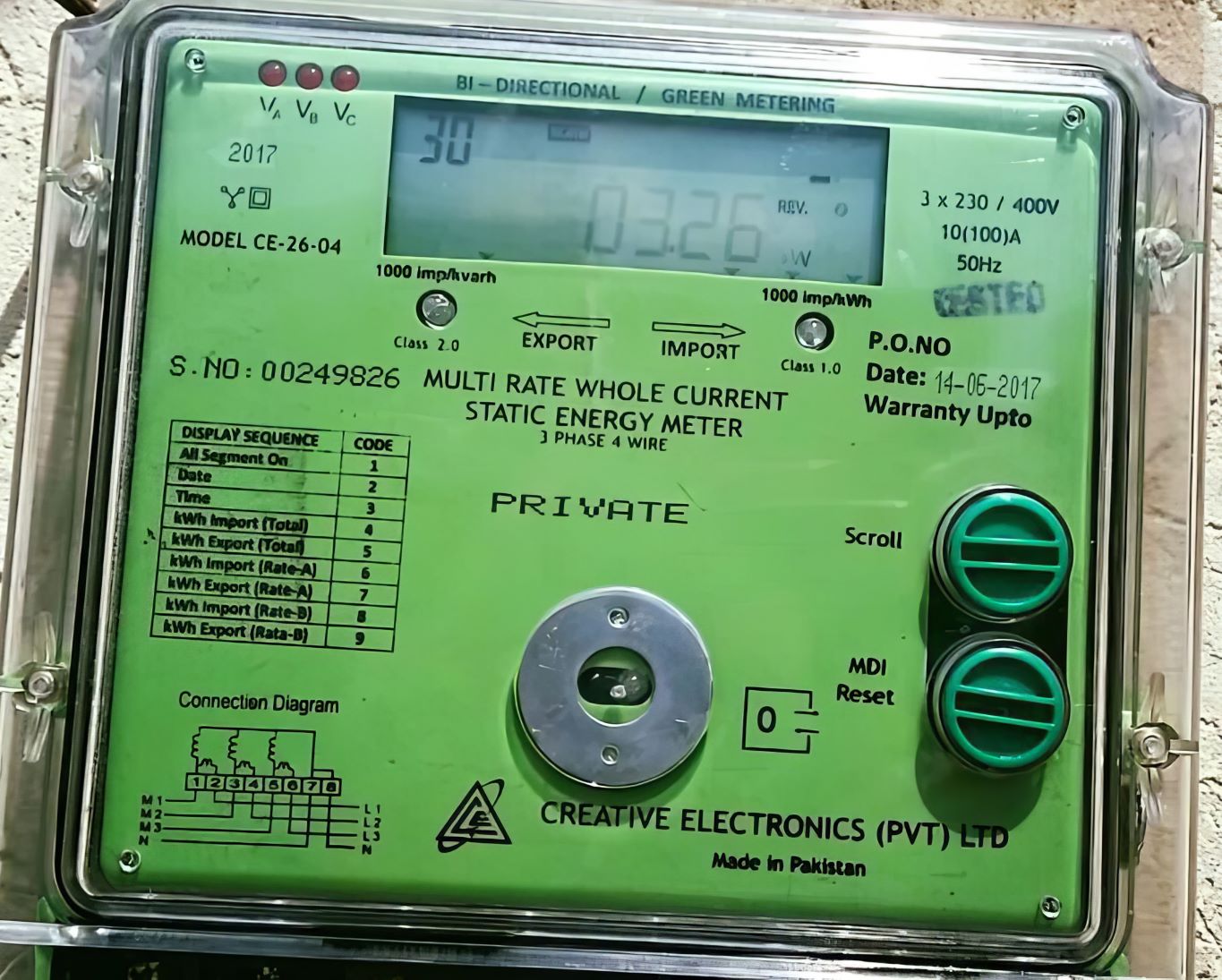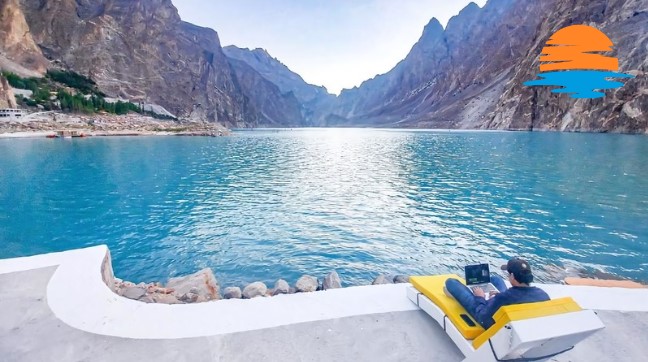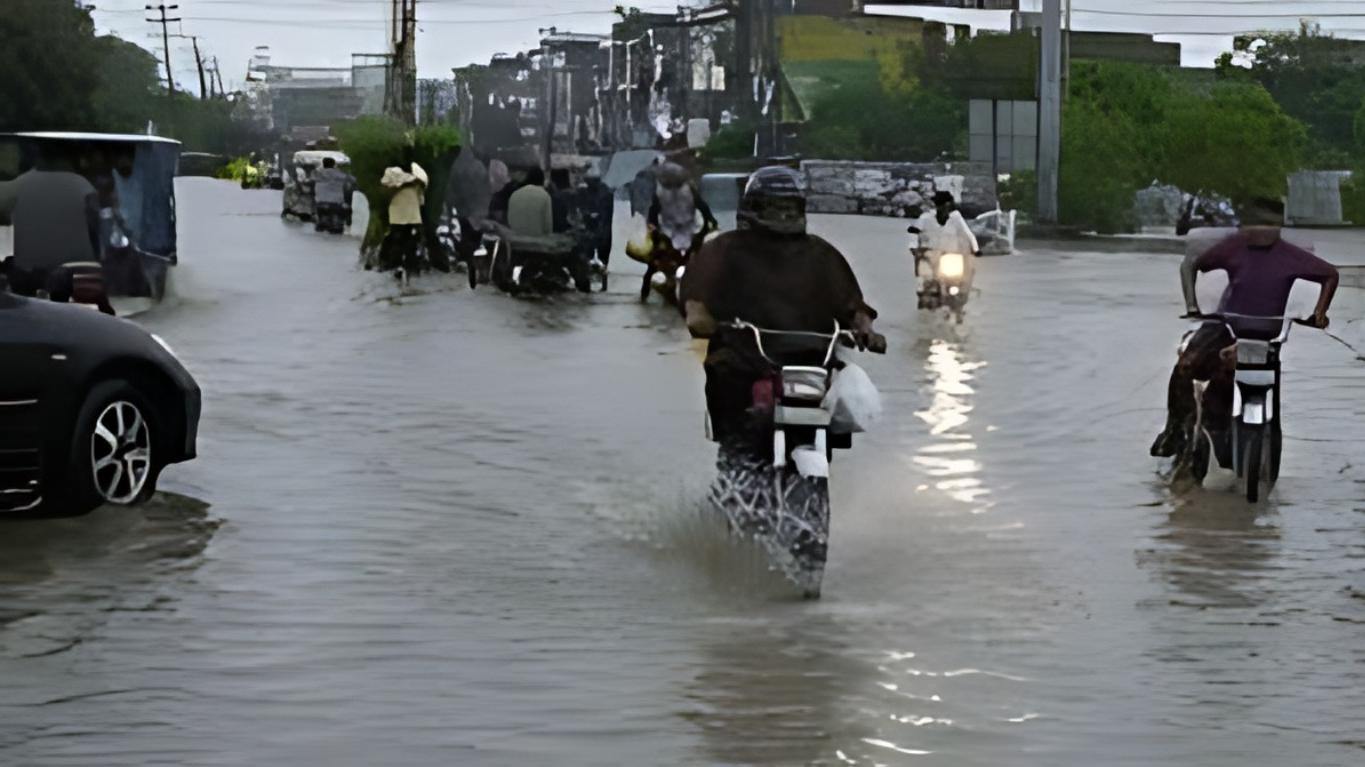In Pakistan, about 113,000 homes have solar panels on their roofs, making them ‘distributed generators’. This is only 0.3% of all households. Most of these homes are in the top two electricity usage brackets.
Recently, there’s been talk about changing the price for net metering, where the power company swaps the solar power for electricity. Some see this as hurting the middle class.
For a lower-income country like Pakistan, these homes aren’t middle class but rather upper class. Even though they might not feel rich, the country’s wealth distribution says otherwise.
The current net metering price is about Rs22 per kilowatt-hour, higher than the average fuel cost of Rs9. When there’s extra power, using solar at this high cost doesn’t make sense. It also doesn’t make sense to add more expensive utility-scale solar.
The current system benefits wealthy solar homes and puts more costs on those who rely on the grid.
The final electricity bill is high, with various costs and taxes. This has led to less demand and more problems. A fairer system is needed.
As net metering reduces grid demand, the remaining users pay more for capacity costs.
People argue that solar homes also pay for grid costs as backup power. But there’s no clear contract for the government to cover losses.
Any changes to net metering prices should consider economic realities. Solar users should also pay for grid costs.
A fixed cost based on installed capacity could be fair. The net metering price could be linked to the average generation cost.
This could reduce grid losses and unfair costs for other users.
Policies should discourage relying solely on the grid. As solar technology gets cheaper, the policy must look ahead to a fairer future.
Opinion: It’s clear that the current system in Pakistan favors the wealthy, while putting more burden on others. We need policies that are fair for everyone and take into account the changing landscape of energy technology. This will ensure a sustainable and equitable energy future for all Pakistanis.




